Bullying
The First Step in Helping Your Child Deal With Meanness
Consider the context.
Posted March 23, 2023 Reviewed by Michelle Quirk
Key points
- Most kids are mean without fully anticipating the impact on their target.
- How we appraise our experiences largely determines how we feel about them.
- Coaching your child to reflect on multiple possibilities for a peer’s behavior enables them to have more than one response to a situation.
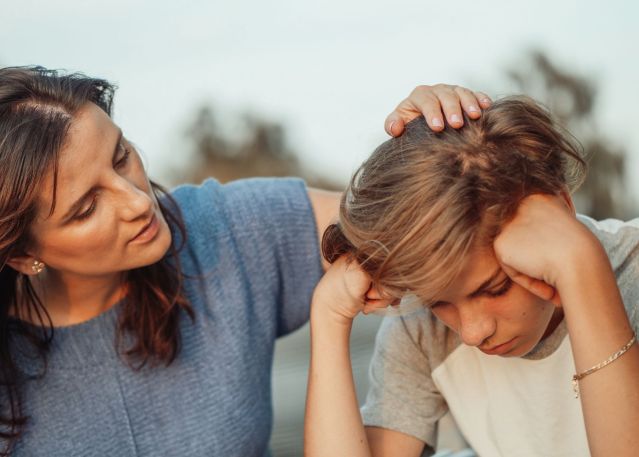
One of the most painful experiences for parents occurs when their child tells them another child has mistreated them or hurt their feelings. For some parents, the pain is greater if they believe they have failed to protect their child. But maybe the most critical form of protection is the kind that enables a child to reexamine their peer's actions. It is possible that what they thought was an intentionally mean act against them wasn't. Parents should consider the possibility that the children their kids complain about might not have fully anticipated the effect of their actions—at least not at the time.
This is the first of two blog posts on meanness. This post focuses on how we appraise a situation, what influences our appraisal, and how it impacts us.
Meanness Isn't Bullying
But before beginning to discuss ways to handle your child's hurt feelings, it's important to clearly distinguish between meanness and bullying. Meanness is normative behavior among children, including teasing, sending an unkind text, or cutting in front of someone. Almost all children exhibit moments of mean behavior, especially as they are learning to be less egocentric and more thoughtful of their peers. By contrast, bullying is intentional and repeated undesirable behavior by a bigger, more popular, older, or politically connected individual against someone with less power in the community. I distinguish between bullying and meanness because the different explanations for someone's behavior often call for different responses.
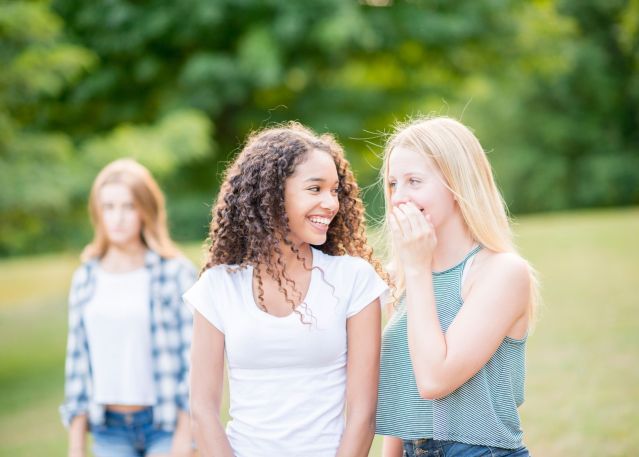
The Impossible Dream and Reality
Even after you realize that it will be impossible to protect your children from unpleasant experiences, you can still hope that they will overcome whatever disappointments and adversities they encounter. Having this kind of longer-term goal in mind will ultimately help children become reflective and successful problem-solvers.
If you want your child to be OK in life, it's imperative to refrain from demonizing the one who's hurt your child. This doesn't mean you shouldn't be bothered by your child's mistreatment, but this is a moment to equip them with tools they can use when you or a teacher are not around to step in on their behalf. These are the tools they will carry with them into adulthood every time they come in contact with people whose actions seem thoughtless or unpleasant.
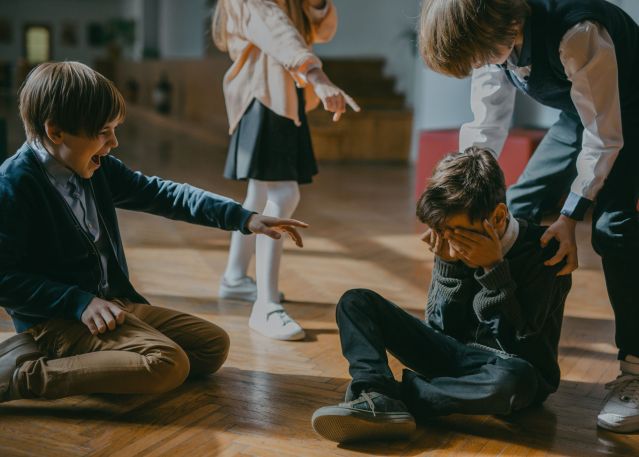
Appraisal: The Necessary Foundation
The first and most critical step is to appraise the situation. Consider the other child's actions and ask yourself whether labeling them as "mean" is even appropriate or certain. Remember that labeling another child or their parents as "mean" promotes only one way to look at the situation, which limits possible solutions. Your child may be inclined to embrace this label, assuming that people do mean things intentionally and because of their character. However, this standpoint places all the blame on the other child and fails to recognize that yours may have contributed to the situation.
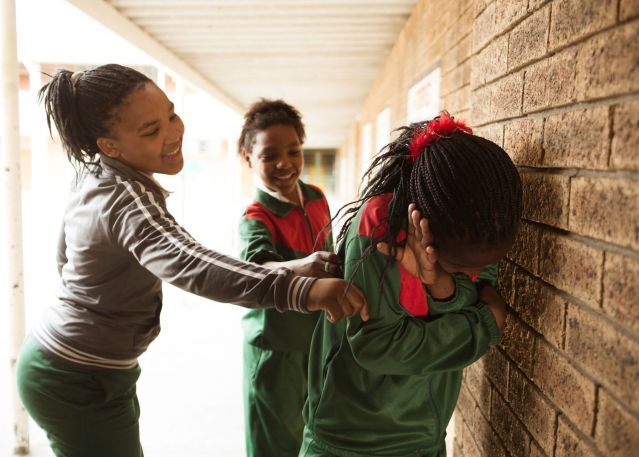
The Realities of Meanness
Perhaps surprising to some parents, I have never found a student who says they haven't been mean to a peer. This suggests that everyone is doing it sometimes. And when I ask them why, I often get similar responses: because of some slight they perceived was directed at them from the other person. Children also reveal that they do things they didn't think of as mean—for example, if their temper was short because of something earlier that day or if they were showing off in front of their peers.
They also don't believe that others are plotting to do them harm. When I ask if they think their peer woke up in the morning intending to hurt them, the answer is almost unequivocally, "No." They see others' meanness as reactive to some situation, provoked or not. And they also say that they should ignore some people's behavior. They usually laugh as if my question is ridiculous if I ask whether an adult should be wounded by an insult from a 4- or 5-year-old kid. This doesn't mean that they should be impervious to an unkind comment in the moment; it's just that, after a bit of reflection, they decide it's something they can brush off. These various reflections are not, however, arrived upon immediately. Instead, they come with probing, often after the fact.
It's also important to acknowledge that we don't all share the same behavioral expectations of others. Instead, there are many definitions and thresholds for "meanness." You and your child might want to consider that one person's idea of meanness is not always someone else's.
When it's a peer we think of as smart, it's hard to concede that they don't know exactly what they are doing or are unaware of the impact. We cannot imagine that, upon reflection, they didn't recognize that they could hurt your child's feelings. But here's the rub: When they made the comment, they were not reflecting. They acted impulsively to meet their needs in the moment without considering your child's feelings. And your child will often indicate as much when asked to reflect on the incident.
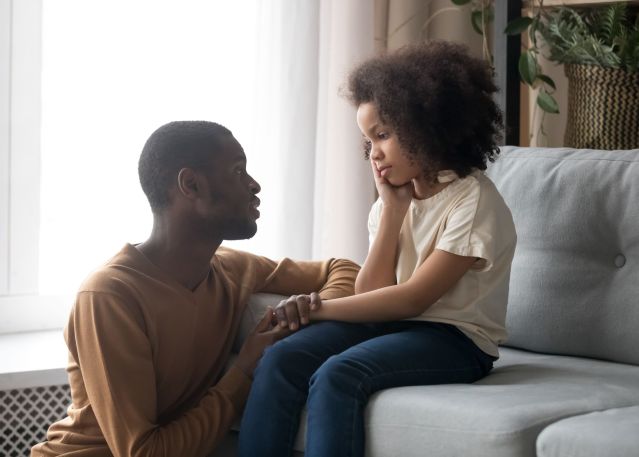
Here are some questions you can ask your children that can help them consider factors that may have contributed to the situation they are concerned about:
- What do you think that was about?
- Why do you think they did it?
- Do they do this to other kids?
- Do you think they had an off day?
- What was going on before they did this?
- Did they just lose a game or get a paper or test back?
You are asking these questions to prompt your child to consider the context of what happened and to allow for more benign explanations for other people's behavior. Some parents may also recognize behaviors similar to how their children interact with their siblings—often more annoying than hurtful.
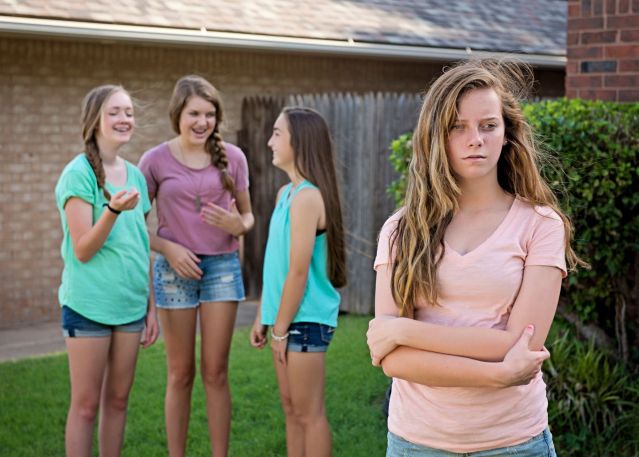
If you want your child to suffer less, you must also model this—considering multiple explanations for other people's behavior in your relationships, especially when labeling others' actions in conversation with your child. And, because the things we do best are those we practice the most, you will need to model this frequently, and your children will need to be reminded repeatedly to take this approach.
Remember, your goal is for your child to feel relatively unhurt. Even when there is a physical altercation, which tends to occur more when children are young and not as good at managing emotions and resolving conflict, the impact is usually short-lived. In fact, for most adults, the wounds that linger from our school histories are frequently emotional, social, or psychological wounds—not physical ones. These are the times when someone excluded us, criticized us, ridiculed us, teased us, talked about us behind our backs, or told our secrets. If we can look at these situations and diminish them by realizing that we may have acted similarly on occasion ourselves, saying or doing something that provoked a peer, we may rethink how upset we need to be. Help your child see much of what another child says or does to them in a larger context that will allow for more interpretations and more possible responses.




